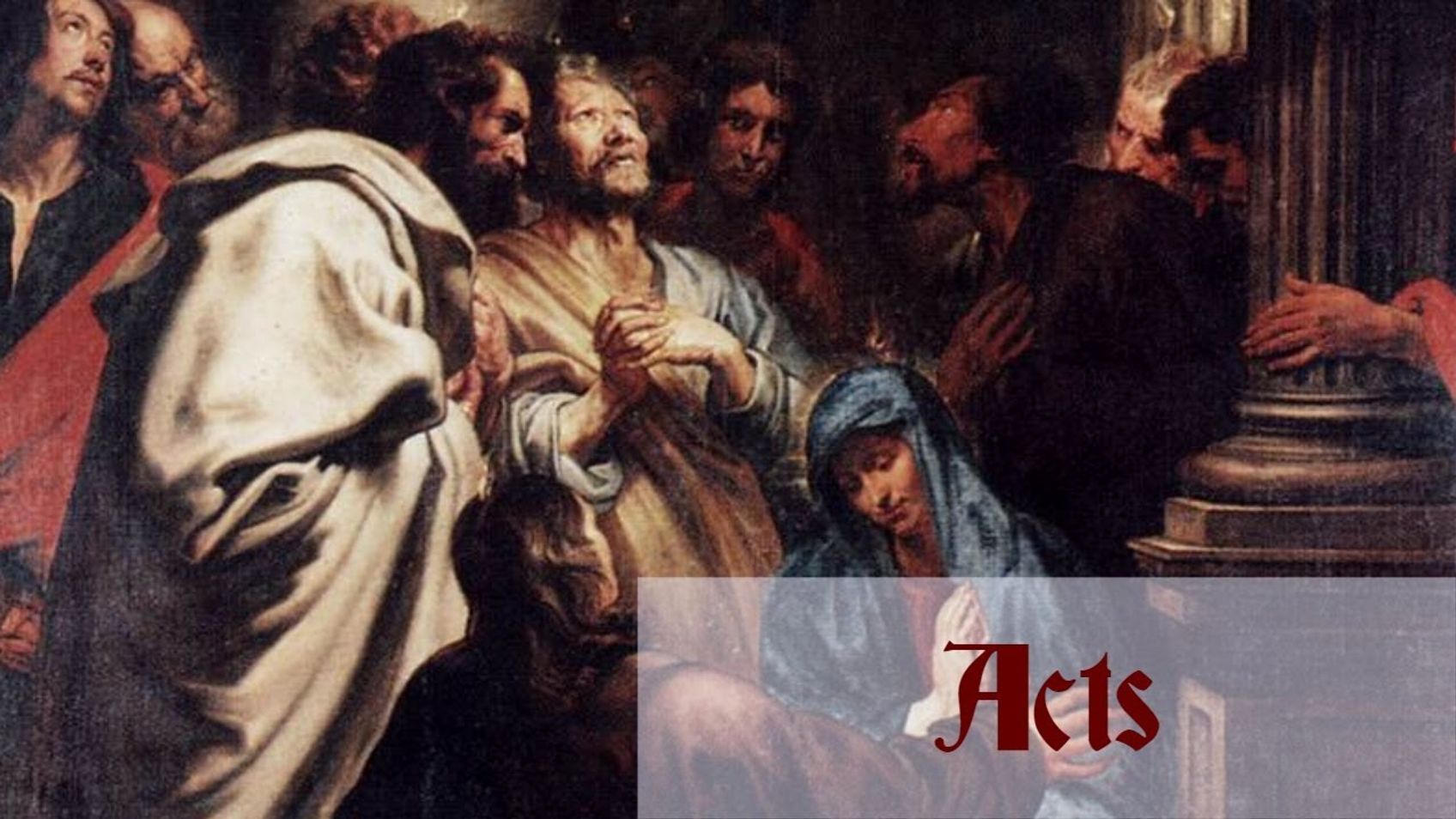Acts: Chapter-by-Chapter Commentary

*CONTENTS*
00:00:00 - Acts 1.1-14: Jesus' Ascension
00:17:20 - Acts 1.15-26: The Choice of Matthias
00:28:34 - Acts 2.1-21: The Day of Pentecost
00:48:17 - Acts 2.22-47: Peter's Sermon at Pentecost
01:06:38 - Acts 3.1—4.4: The Healing of the Beggar at the Beautiful Gate
01:21:00 - Acts 4.5-31: Peter and John Before the Council
01:32:59 - Acts 4.32—5.11: Ananias and Sapphira
01:46:16 - Acts 5.12-42: The Apostles Arrested
01:57:49 - Acts 6.1—7.16: The Appointment of the Seven and the Arrest of Stephen
02:14:01 - Acts 7.17-34: Stephen's Speech
02:20:19 - Acts 7.35—8.3: Stephen Martyred
02:34:14 - Acts 8.4-25: Philip in Samaria
02:44:35 - Acts 8.26-40: The Ethiopian Eunuch
02:56:09 - Acts 9.1-31: The Conversion of Saul
03:06:46 - Acts 9.32-43: Aeneas Healed and Dorcas Raised
03:14:02 - Acts 10.1-23: Peter's Vision
03:21:43 - Acts 10.24-48: Cornelius' House Receive the Gospel
03:32:44 - Acts 11.1-18: Reporting the Gentiles' Receiving of the Gospel to the Church
03:39:25 - Acts 11.19-30: Antioch
03:46:37 - Acts 12.1-24: Peter Delivered from Prison
03:56:54 - Acts 12.25—13.12: Saul and Barnabas Set Out
04:10:51 - Acts 13.13-43: Saul and Barnabas in Pisidia
04:22:21 - Acts 13.44—14.7: Leaving Antioch and Going to Iconium
04:31:16 - Acts 14.8-28: Persecuted at Lystra
04:39:18 - Acts 15.1-21: The Jerusalem Council
04:51:25 - Acts 15.22-35: The Council's Letter to Gentile Christians
05:05:36 - Acts 15.36—16.5: Paul and Barnabas Part Ways and Timothy Joins Paul and Silas
05:15:33 - Acts 16.6-40: Paul and Silas in Philippi
05:27:06 - Acts 17.1-15: In Thessalonica and Berea
05:37:54 - Acts 17.16-34: In Athens
05:47:10 - Acts 18.1-23: In Corinth
05:59:29 - Acts 18.24—19.7: In Ephesus
06:07:31 - Acts 19.8-20: God's Power Seen in Ephesus
06:17:38 - Acts 19.21-41: Riot in Ephesus
06:29:11 - Acts 20.1-16: The Beginning of the Return Journey
06:38:03 - Acts 20.17-38: Paul Addresses the Ephesian Elders
06:52:00 - Acts 21.1-16: Paul Goes to Jerusalem
07:02:07 - Acts 21.17-36: Paul Arrested in the Temple
07:14:52 - Acts 21.37—22.22: Paul Addresses the People
07:24:08 - Acts 22.23—23.11: Paul Addresses the Council
07:35:46 - Acts 23.12-35: Paul Sent to Felix
07:41:32 - Acts 24.1-23: Paul Before Felix
07:52:06 - Acts 24.24—25.12: Paul Appeals to Caesar
08:00:55 - Acts 25.13-27: Paul Before Agrippa and Bernice
08:07:08 - Acts 26: Paul's Defence Before Agrippa
08:20:30 - Acts 27: Paul Shipwrecked
08:36:26 - Acts 28.1-15: Paul on Malta
08:45:57 - Acts 28.16-31: Paul in Rome
If you have enjoyed my videos and podcasts, please tell your friends. If you are interested in supporting my videos and podcasts and my research more generally, please consider supporting my work on Patreon (https://www.patreon.com/zugzwanged), using my PayPal account (https://bit.ly/2RLaUcB), or by buying books for my research on Amazon (https://www.amazon.co.uk/hz/wishlist/ls/36WVSWCK4X33O?ref_=wl_share).
The audio of all of my videos is available on my Soundcloud account: https://soundcloud.com/alastairadversaria. You can also listen to the audio of these episodes on iTunes: https://itunes.apple.com/gb/podcast/alastairs-adversaria/id1416351035?mt=2.
More From Alastair Roberts
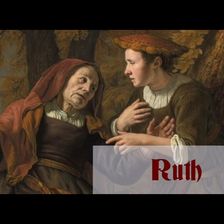
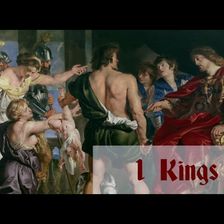
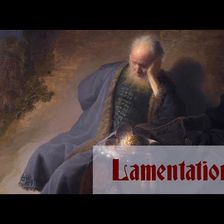
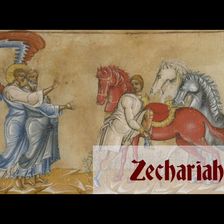
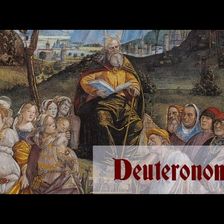
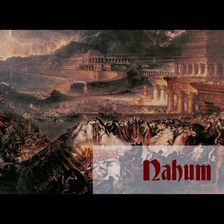
More on OpenTheo















